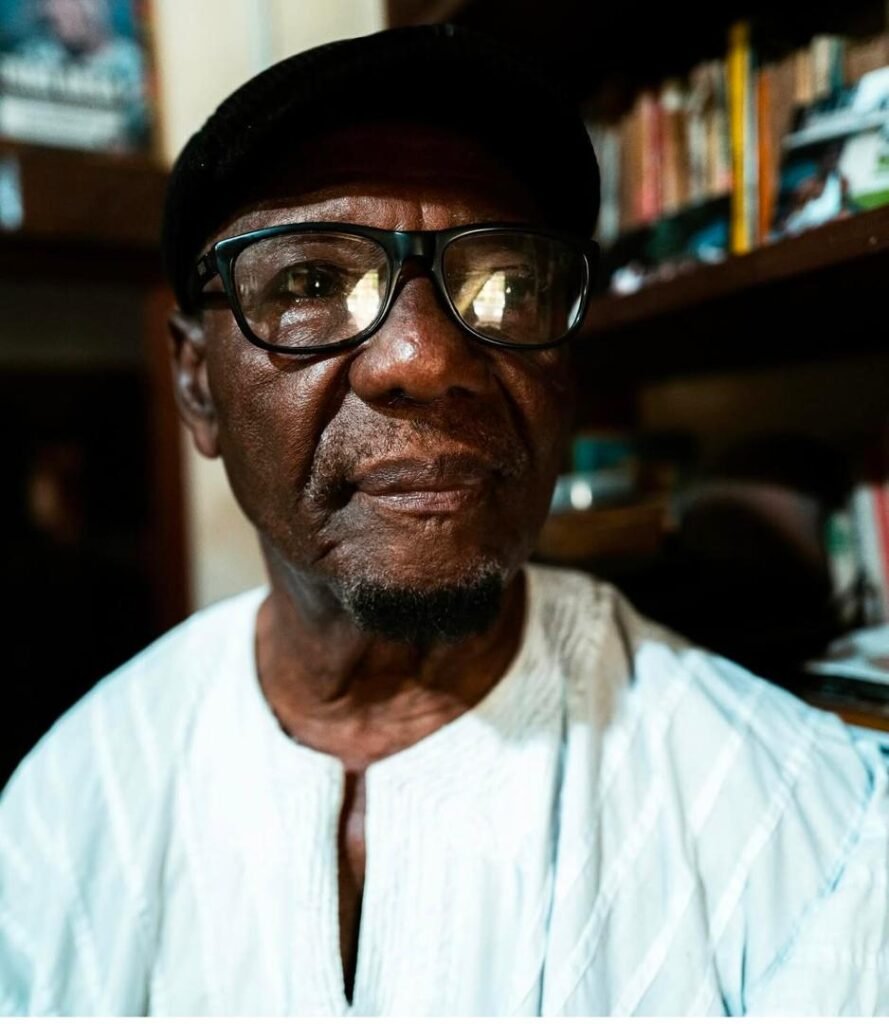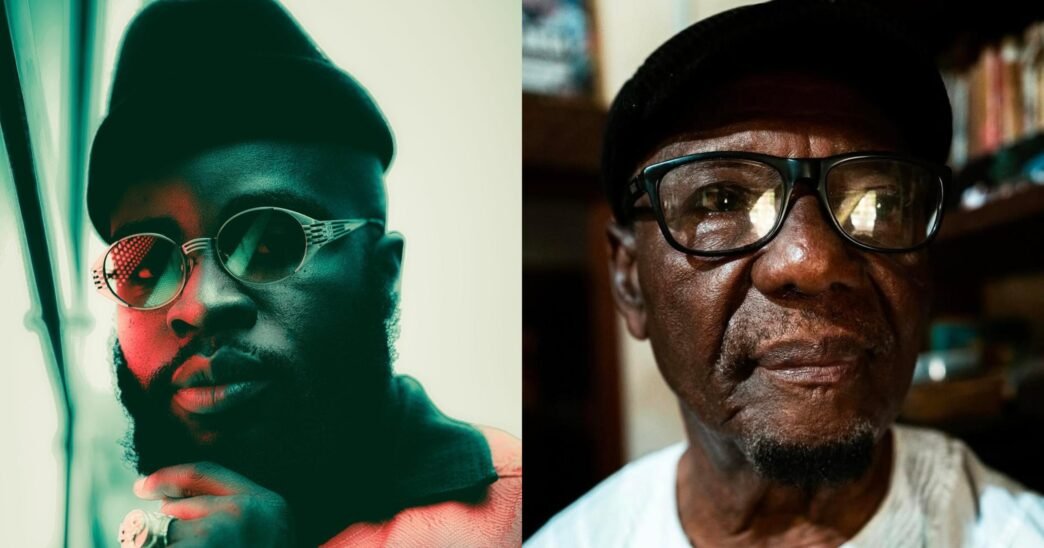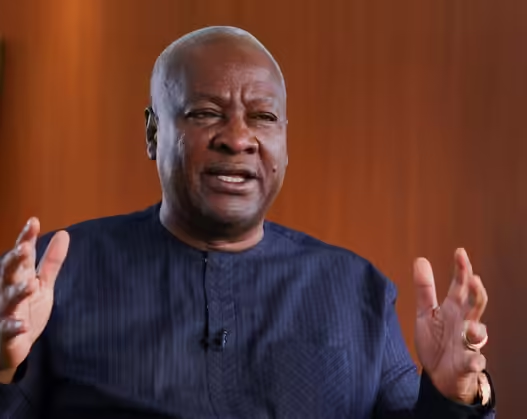The Ghanaian music industry is no stranger to controversies surrounding originality and sampling. The latest saga involves celebrated Ghanaian rapper M.anifest and legendary highlife musician Tumi Ebow Ansa, over M.anifest’s new track, Puff Puff. Tumi took to Facebook on December 18, 2024, to allege that M.anifest sampled his song Owora without giving proper credit. The debate has since ignited conversations about copyright, creativity, and respect for the pioneers of Ghanaian music.
Tumi Ebow Ansa’s Claims
In his Facebook post, Tumi expressed disappointment with M.anifest’s handling of the situation. While he acknowledged the beauty of Puff Puff as a rendition, he argued that the similarities between the two songs were too significant to ignore. Key points from Tumi’s post include:
- Puff Puff borrows the original highlife beat, intro, and even Tumi’s humming from Owora.
- While highlife music often shares common chords and progressions, Tumi believes his creativity and team’s efforts deserve recognition.
- He emphasized the importance of acknowledging influences and paying homage to the pioneers of Ghanaian music.

M.anifest’s Reaction on Bola Ray’s Show
The issue escalated when media personality Bola Ray played both songs during an interview with M.anifest and asked him to comment. M.anifest’s response, perceived by many as dismissive, seemed to downplay Tumi’s concerns. His reaction, coupled with the similarities between the two tracks, added fuel to the fire and led to further backlash from both Tumi and his supporters in the music industry.
Tumi reportedly drew Bola Ray’s attention to the matter via a WhatsApp voice note before the show. This proactive move underscores his seriousness about ensuring that his contributions to Ghanaian music are respected.

The Legacy of Owora
Owora, a song produced by Kobby Nkumsah in the United States, holds a special place in Tumi Ebow Ansa’s discography. Featured on two of his albums—True Identity and Mature Mind Music—the track is emblematic of Tumi’s unique approach to highlife, blending traditional palm wine music elements with modern vibes. Tumi’s insistence on crediting his work is not just about recognition but also about preserving the legacy of Ghanaian music.
Industry Debate: Sampling vs. Originality
This controversy has reignited debates about the thin line between sampling and outright copying in music. Several industry players and fans have weighed in:
- Cultural Preservation: Some argue that palm wine and highlife music have long traditions of shared rhythms and melodies, making it challenging to pinpoint originality.
- Acknowledgment of Pioneers: Others, like Tumi, stress the need to credit creators for their work, especially when it directly inspires new creations.
- Legal and Ethical Considerations: The issue also raises questions about copyright enforcement in Ghana’s music industry and the broader need to protect intellectual property.
Comparing the Tracks: Owora vs. Puff Puff
Listeners who have compared Owora and Puff Puff note striking similarities in the intro, rhythm, and even some vocal elements. While M.anifest’s track adds a fresh twist with his lyrical prowess and modern production, the foundational elements of Owora are undeniably present.
- Listen to Owora: Click here
- Listen to Puff Puff: Click here
The Way Forward
The Owora–Puff Puff controversy highlights the need for Ghana’s music industry to establish clearer guidelines on sampling and copyright. Recognizing and crediting influences not only honors the past but also fosters a spirit of collaboration and innovation.
For now, all eyes are on M.anifest and whether he will address Tumi’s claims more directly. Regardless of the outcome, this incident underscores the importance of dialogue, respect, and acknowledgment in shaping the future of Ghanaian music.






















Tumi Ekow Ansah is an OG Palm-Wine Music legend. Rumour has it that he used to write songs for Osibisa and never got credit for it.